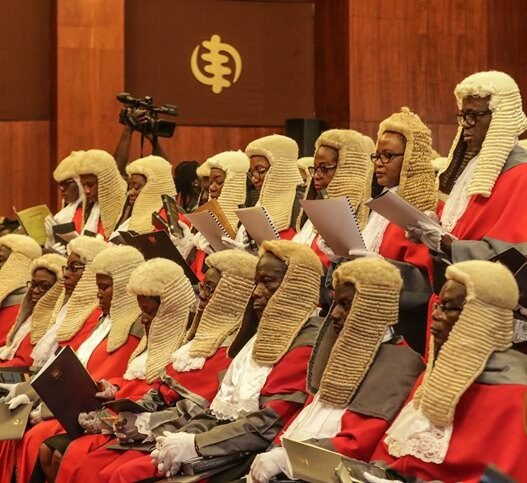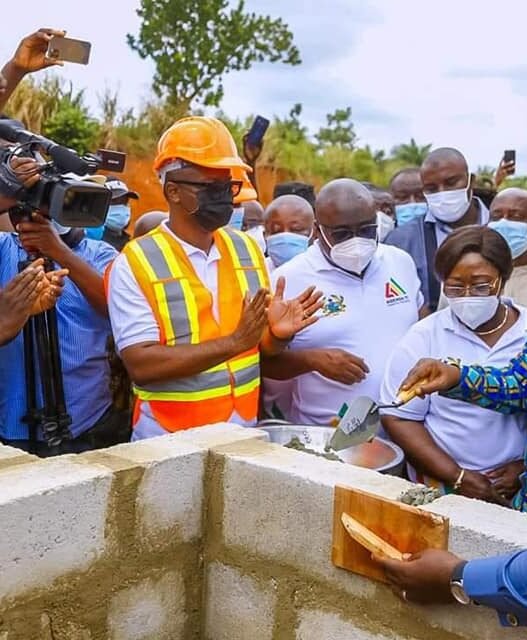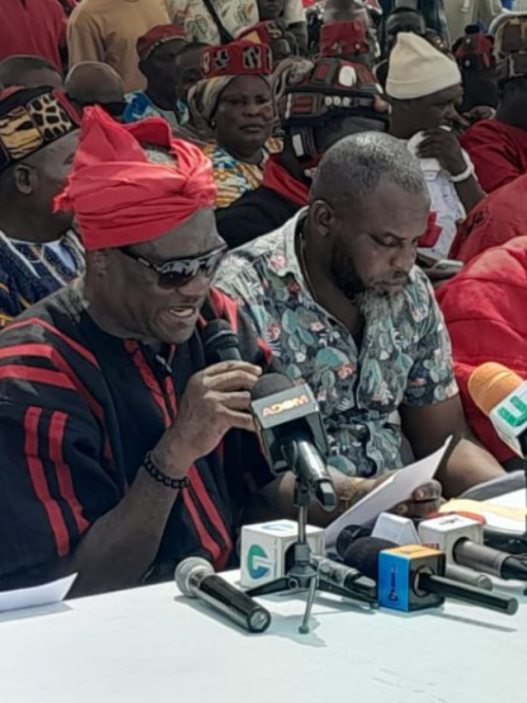Illegal mining, commonly referred to as galamsey, has escalated into one of the most pressing environmental crises facing Ghana today. This practice, which has persisted for decades, threatens the environment, public health, and the economic well-being of communities across the nation. This article critically examines the impacts of galamsey, evaluates current policies, and explores potential solutions to mitigate this growing challenge.
“We have a duty to protect our environment and resources for future generations. Galamsey threatens our livelihoods and the very essence of our nation.”
Prof. Kwabena Frimpong-Boateng, Former Minister of Environment, Science, Technology, and Innovation
The Impact of Galamsey on the Environment
Galamsey activities have devastating effects on Ghana’s natural resources. The mining process involves the use of toxic chemicals such as mercury and cyanide, which pollute water bodies and soil. This contamination affects not only the environment but also the health of communities living near these mining sites. Key environmental impacts include:
- Deforestation: Large areas of forest cover are cleared for mining operations, leading to loss of biodiversity and disruption of ecosystems. Recent reports have shown that deforestation rates in mining areas have accelerated, with communities losing valuable timber and wildlife habitats.
- Water Pollution: Chemicals used in the mining process seep into rivers and streams, leading to significant health risks for those relying on these water sources. The contamination of major rivers like the Pra and Ankobra has raised alarms about the safety of drinking water and the health of aquatic life.
- Soil Degradation: The land is often left scarred and unproductive, leading to soil erosion and loss of arable land. This degradation poses a threat to Ghana’s agricultural sector, which is vital for food security.
The Socio-Economic Consequences
While galamsey provides short-term income for some individuals, its long-term consequences can be detrimental:
- Health Issues: Communities near galamsey sites often face health problems due to exposure to hazardous materials and contaminated water sources. Increased cases of mercury poisoning and related illnesses have been reported, prompting urgent calls for action.
- Loss of Livelihoods: Traditional livelihoods such as farming and fishing are jeopardized, leading to food insecurity and economic instability in affected areas. As fish populations decline and farmland becomes unproductive, families are left with few options for sustainable income.
- Conflict and Crime: The illegal nature of galamsey often breeds conflict over land and resources, as well as involvement in criminal activities. There have been rising tensions between miners, law enforcement, and local communities as the struggle for resources intensifies.
Current Policies and Challenges
The Ghanaian government has implemented several policies aimed at curbing illegal mining activities, including a ban on small-scale mining and the establishment of the Inter-Ministerial Committee on Illegal Mining. However, challenges remain:
- Corruption: Reports of corruption among officials undermine enforcement efforts, allowing illegal activities to persist. There have been allegations of collusion between some law enforcement officers and illegal miners, creating a culture of impunity.
- Inadequate Enforcement: Despite existing laws, enforcement is often weak, with illegal miners operating with little fear of consequences. Many communities have expressed frustration over the lack of visible action against illegal operations.
- Community Resistance: Many communities rely on galamsey for their livelihoods, making it difficult to enforce bans without providing alternative income sources. Efforts to ban illegal mining must be accompanied by strategies to address the socio-economic needs of these communities.
Potential Policy Solutions
Addressing the galamsey crisis requires a multifaceted approach. Here are several potential policy solutions that can be explored:
- Strengthening Regulation and Enforcement: The government should enhance regulatory frameworks to ensure strict enforcement of mining laws. Increasing penalties for illegal mining activities is essential to deter potential offenders.
- Community Engagement and Alternatives: Engaging local communities in decision-making and providing alternative livelihoods can reduce reliance on illegal mining. Investment in sustainable agriculture and eco-tourism can offer viable economic opportunities.
- Environmental Restoration Programs: Implementing programs aimed at restoring damaged ecosystems can help rehabilitate affected areas. This includes reforestation efforts and clean-up of polluted water bodies.
- Education and Awareness Campaigns: Raising awareness about the environmental and health impacts of galamsey can help shift public perception and encourage community support for anti-galamsey initiatives.
- Collaboration with NGOs and Stakeholders: Partnering with non-governmental organizations, local leaders, and international bodies can enhance efforts to combat illegal mining and promote sustainable practices.
Conclusion
Galamsey represents a significant environmental crisis in Ghana, requiring urgent attention and action. As former UN Secretary-General Kofi Annan aptly stated, “Knowledge is power. Information is liberating. Education is the premise of progress, in every society, in every family.” By critically examining the impacts of galamsey and exploring potential policy solutions, Ghana can work towards a sustainable future that prioritizes environmental justice and the well-being of its citizens. Collective efforts from the government, local communities, and civil society are essential in addressing the challenges posed by illegal mining and safeguarding Ghana’s natural resources for future generations.





















